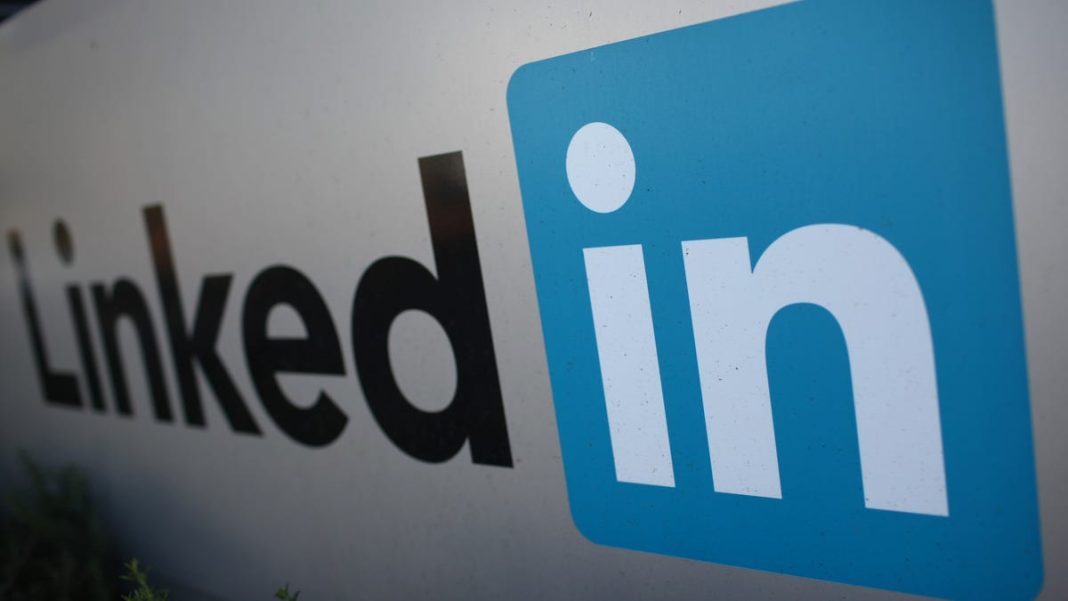LinkedIn Faces Lawsuit for Sharing User Data to Develop AI Models
LinkedIn, a Microsoft MSFT.O entity, is facing a lawsuit filed by its Premium subscribers who claim that the professional networking site shared their private messages with third parties without their consent to facilitate the training of generative AI models.
The lawsuit, which seeks class-action status, was submitted Tuesday evening on behalf of millions of Premium users. It highlights that LinkedIn had quietly introduced a privacy setting in August allowing users to control whether their personal information could be shared.
Users allege that LinkedIn then subtly altered its privacy policy on September 18, 2024, to indicate that their data could be utilized for AI training purposes. Additionally, a “Frequently Asked Questions” link stated that opting out “does not affect training that has already taken place.”
This maneuver to “cover its tracks” implies that LinkedIn was “fully aware” of its breaches of user privacy, and aimed to uphold its commitment to safeguarding personal data solely for enhancing its platform to evade public backlash and legal repercussions, according to the lawsuit.
The legal action was lodged in a federal court in San Jose, California. It represents LinkedIn Premium users who have transmitted or received InMail messages and whose private data was shared with external parties for AI training prior to September 18.
The suit is seeking unspecified damages related to contract breaches and violations of California’s unfair competition laws, alongside a $1,000 penalty per individual for breaches of the federal Stored Communications Act.
On Wednesday, Microsoft did not provide an immediate comment on the issue. A representative for the plaintiffs also had no further remarks at this time.
The lawsuit was filed just hours after U.S. President Donald Trump revealed a collaborative effort involving Microsoft-backed OpenAI, Oracle ORCL.N, and SoftBank 9984.T, aimed at creating AI infrastructure in the United States, with potential investments reaching $500 billion.
The case is identified as De La Torre v LinkedIn Corp, U.S. District Court, Northern District of California, No. 25-00709.
Reported by Jonathan Stempel in New York; Edited by Richard Chang

